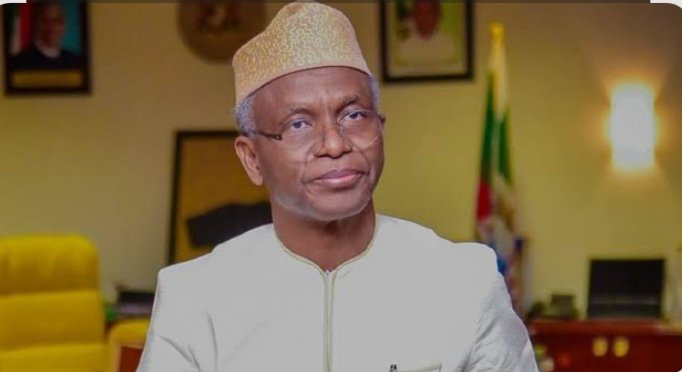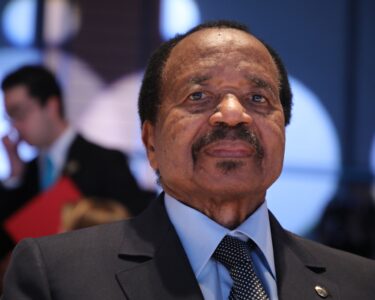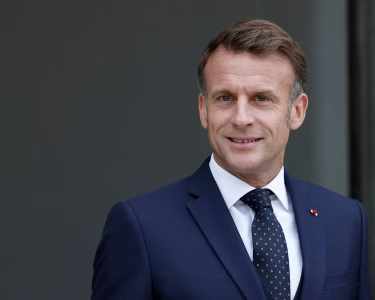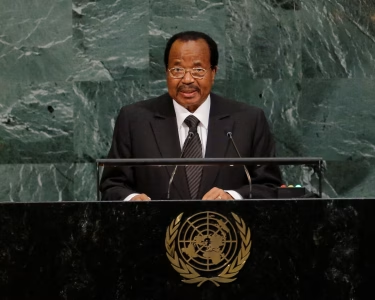SDP expels Nasir El-Rufai
Slaps 30-year ban on ex-Kaduna governor amid deepening party crisis
Summary
- The Social Democratic Party (SDP) has announced the expulsion of former Kaduna State Governor, Malam Nasir El-Rufai, from the party, effective 28th July 2025
- The party’s National Working Committee (NWC) declared El-Rufai ineligible to associate with the SDP for the next 30 years, citing alleged impersonation, forgery of membership documents, and attempts to destabilize the party
- This decision follows conflicting statements regarding El-Rufai’s membership status, highlighting a significant internal leadership crisis within the SDP
- The SDP accuses El-Rufai of falsely registering as member “001” in Unguwar Sarki Ward, Kaduna North LGA, and simultaneously promoting another political party, the African Democratic Congress (ADC)
Abuja, Nigeria – The political landscape in Nigeria has been stirred by the Social Democratic Party’s (SDP) decisive action to expel Malam Nasir El-Rufai, the former Governor of Kaduna State, on 28th July 2025. The SDP’s National Working Committee (NWC) announced the expulsion, declaring El-Rufai ineligible for any association with the party for a staggering 30 years.
According to Amb. Araba Rufus Aiyenigba, the SDP’s National Publicity Secretary, the decision was reached after thorough investigations into El-Rufai’s alleged activities. The party has levied serious accusations against him, including impersonating a member, forging membership documents, manipulating internal processes, and attempting to destabilize the SDP through “unconstitutional and deceptive political maneuvers.”
A key accusation from the SDP’s national leadership is that El-Rufai falsely registered himself as member “001” in the Unguwar Sarki Ward, Kaduna North Local Government Area, without following due process. They also claim he was actively promoting the African Democratic Congress (ADC) while simultaneously attempting to draw the SDP into an unauthorized political coalition. The NWC asserted that these actions constituted grave violations of the party’s constitution, as well as the Nigerian Constitution and the Electoral Act.
The expulsion comes on the heels of conflicting narratives surrounding El-Rufai’s membership. Just days prior, on 25 July 2025, the Kaduna State SDP chapter and the North-West Zonal Secretary, Inuwa Idris, publicly disowned El-Rufai, stating he was not a registered member and lacked any authority to represent the party. They labeled his appearances claiming SDP affiliation as fraudulent and issued a vote of no confidence.
However, the Kaduna State SDP leadership, led by Chairman Nasiru Maikano, countered these claims, affirming El-Rufai as a “bonafide member” and stakeholder, indeed listed as member “001” in Unguwar Sarki Ward, and accusing his detractors of spreading misinformation to destabilize the party.
These conflicting statements underscore a deep-seated leadership crisis within the SDP, with the state chapter openly supporting El-Rufai while the national and zonal leadership vehemently rejects his membership.
The NWC’s expulsion statement further emphasized that El-Rufai’s alleged history of persecuting the SDP during his tenure as Kaduna Governor under the All Progressives Congress (APC) also contributed to the justification for the 30-year ban. The party has urged the Independent National Electoral Commission (INEC) and the public to disregard any claims of El-Rufai’s affiliation with the SDP.
The SDP’s drastic decision appears to be a culmination of internal disputes regarding El-Rufai’s membership status and his broader political activities, particularly since his publicized defection from the APC to the SDP in March 2025, where he reportedly expressed intentions to challenge the APC in the 2027 general elections. The situation strongly suggests a deeper factionalism within the SDP, with El-Rufai’s involvement seemingly exposing pre-existing tensions between its state and national leadership structures.
The coming days are likely to reveal how this high-profile expulsion impacts the SDP’s internal dynamics and broader political strategies.







